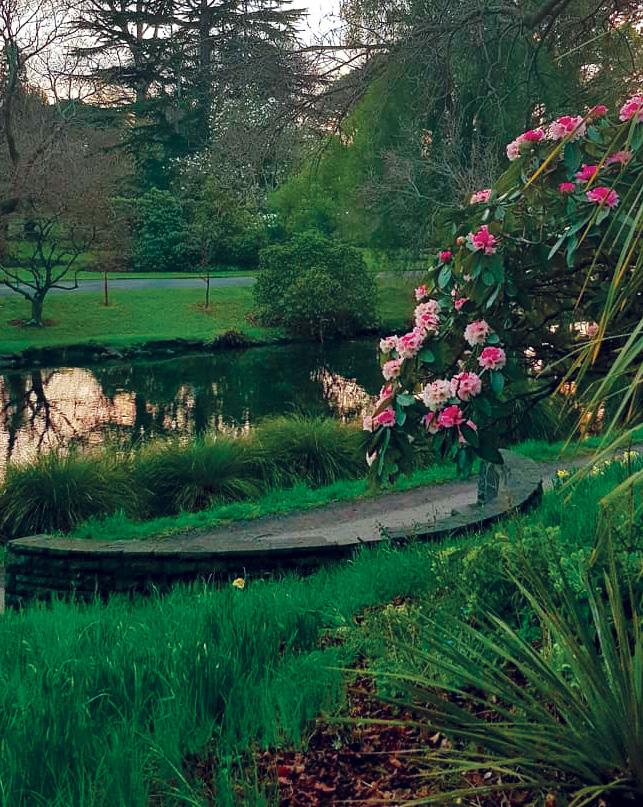
3 minute read
PASIFIKA
KATHLEEN MAKI MIDWIFERY LECTURER, ARA INSTITUTE OF CANTERBURY (TAHITI, COOK ISLANDS)
RUTH CHISHOLM, REGISTERED MIDWIFE (NGĀTI POROU, TONGA)
Pasifika perspectives through a South Island lens
We are seeing the convergence of a number of significant social issues that compel us to evaluate the foundational philosophies underpinning our profession and determine whether they still hold true in a modern world.
One such tohu to emerge from these changing times is Te Ara ō Hine – Tapu Ora; the first initiative of its kind by the Ministry of Health to establish funding for the provision of targeted support for Māori and Pasifika tauira in undergraduate midwifery programmes. It is clear to us that whatever the support structure design outcome, it’s most crucial that tauira feel as though they have received practical and targeted support.
Since its implementation earlier this year, the initiative has provided an opportunity for collaboration between the various midwifery education institutions, as well as the chance to consult with past and present Māori and Pasifika students about what supports they believe will be most valuable in sustaining and retaining tauira within midwifery programmes. As these students have considered the complexities they currently face - and the most appropriate ways they believe this funding can assist them - the resounding response is that students want a range of different supports, with each pillar playing a distinct role in contributing to their overall success.
The shared whakaaro from students has helped us, as Pasifika midwives, to identify the agencies, organisations, and groups worth connecting with, whose expertise and resources are needed if we are to adopt a wrap-around support network for tauira.
Subsequent to the student consultation, on 6 July 2021, Ara held the first combined Pasifika and Māori stakeholder fono, in Ōtautahi. This fono brought together midwives, Māori and Pasifika leaders from both inside and outside of Ara, researchers, representatives of key groups, elders from Māori and Pasifika communities, learning and engagement services for Māori and Pacific students, leaders in the health sector, new graduate midwives and current students. Passionate discussions were held, and aspirations were clearly defined regarding how this group could support this kaupapa. Just as importantly, whānaungatanga was facilitated amongst our Māori and Pacific students, as well as an understanding of how each representative group could individually and collectively contribute to the undergraduate midwifery journeys.
Finally, the tohu that is Te Ara ō Hine – Tapu Ora, has reminded us of the urgency of the case for developing a midwifery curriculum that honours te Tiriti - an essential and fundamental objective of this initiative.
“Until the degree, I did not understand the importance of my heritage and how much it meant to me. I never understood why I felt misplaced until I was shown where I fit - within the Pasifika community. I am on the journey of learning about my heritage, who I am, and how to bring this into midwifery. My heart feels whole, and I feel at home when I work with Pasifika women. I have so much to learn, but this degree has connected me to my roots. My family in Fiji know who I am now, and we talk... that is a blessing on its own. I feel less of an outcast and embraced for who I am.” - Chontelle, 3rd year student, Ara Institute of Canterbury.
Sadly but expectedly, as we write this, the first Covid-19 case has arrived in the South Island. It has been perplexing to observe from afar the challenges that this virus has presented for our North Island midwives and their communities. From our takiwā down here in the south, to yours, we wish you kaha and aroha as we prepare to face our own challenges. Kia manuia. square






